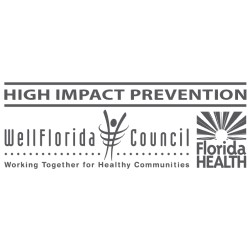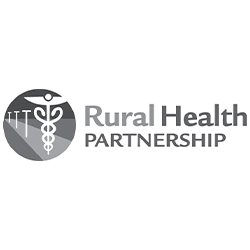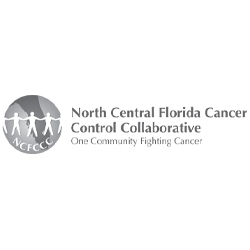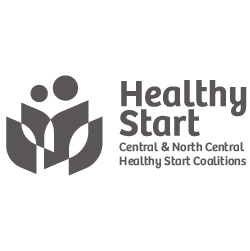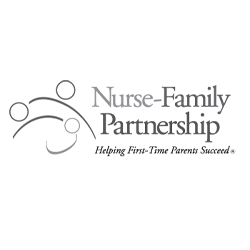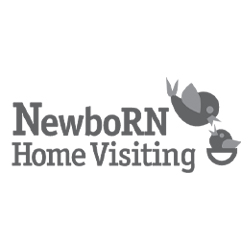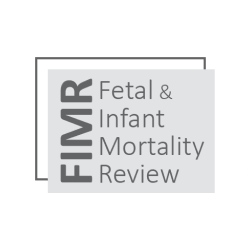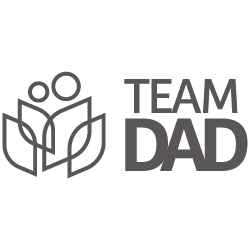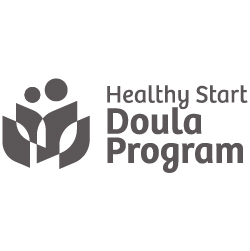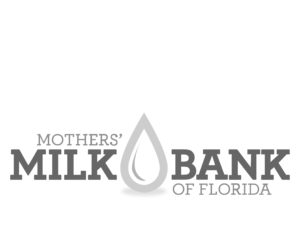Groups target HIV/AIDS stigma
The Guardian, Gainesville Sun
By Cleveland Tinker
With National Black HIV/AIDS Awareness Day coming up this week, local organizations and people living with HIV/AIDS hope to eradicate the stigma associated with the disease.
National Black HIV/AIDS Awareness Day, observed Thursday, is designed to increase awareness about the disease among blacks and encourage people to get involved in prevention efforts, get tested and get treatment if they are living with the disease, said Jeffrey Solius, HIV prevention coordinator with the WellFlorida Council.
To increase awareness about HIV/AIDS and help get rid of the stigma associated with the disease, the Rural Women’s Health Project recently distributed fotonovelas, or photo stories, to churches in the area.
A scene in one of the fotonovelas depicts church members expressing concerns about another member, who they believe has HIV/AIDS. In another scene, a church member asks the pastor to address HIV/AIDS with the congregation as a way to recognize World AIDS Day, which is observed every Dec. 1. In that same fotonovela, after overhearing the conversation with the pastor and the other church member, another church member disclosed to the pastor that she has been living with HIV for 15 years, but never shared the news because of the stigma.
That’s often the case, said Karl Anderson, senior pastor of Upper Room Ministries in Gainesville and president of the Alachua County Christian Pastors Association.
“So many people are secretive,” Anderson said. “I don’t believe there is a stigma about HIV/AIDS in the church. In most cases, you don’t know what people are living with or dying of because they keep things to themselves. Out of all the people I pray for every Sunday, I don’t know if they have hepatitis, HIV, AIDS or anything else. The bottom line is we all need to do a better job of helping to prevent the spread of HIV and AIDS because the things we have been doing are not working.”
The Rural Women’s Health Project sponsors a support group called “Let’s Talk About It” that is open to women living with HIV or are caregivers of a person living with HIV, said Fran Ricardo, development director for RWHP.
The group works with a cross section of organizations and is working to expand partnerships with churches and other organizations.
“It’s much more than a support group,” said member Angela Pretto. “We’re always learning different skills. We learn from each other about how to cope with whatever arises and being there for each other in ways nobody else can.”
As part of the organization’s “Judge Not!” campaign, the RWHP will host a free event from noon to 3 p.m. March 9 at Depot Park in downtown Gainesville in recognition of Women and Girls National HIV Awareness Day.
“There will be a variety of fun activities and presentations for all ages, with the goal of engaging the church community and the general public in reducing HIV stigma,” Ricardo said. “The first 50 women will receive a goody bag, which will also include the ‘Judge Not!’ novelas.”
Efforts to decrease the spread of HIV/AIDS have not produced the desired results, especially in Florida, which is among the top three states in the nation for the number of newly diagnosed HIV infections, said Solius of the WellFlorida Council.
Data recently released by the Florida Department of Health shows that of the 116,744 people with HIV in the state, 42 percent are black, 31 percent are Hispanic and 25 percent are white.
“Racial and ethnic minorities have been disproportionately affected by HIV/AIDS since the beginning of the epidemic,” Solius said. “They represent the majority of new HIV diagnoses, people living with HIV and deaths among people with HIV in the U.S., according to the Centers for Disease Control and Prevention.”
Despite the discouraging data, Solius said it’s important to note that HIV cases in Florida have decreased significantly among all races and ethnicities over the past 10 years, and much can be done to prevent the spread of the disease.
HIV is spread primarily through unprotected sexual contact and sharing needles or syringes with a person who has HIV. There is no cure for HIV, but with proper medical care, the virus can be controlled. AIDS is the final step of HIV infection, Solius said.
Prevention measures include abstinence, monogamy, using condoms, Pre-Exposure Prophylaxis (PrEP) and testing. PrEP is an HIV prevention medication for sexually active people living without HIV. When taken daily, it has been shown to be highly effective in protecting against HIV and should be used in conjunction with other prevention methods to reduce the risk of infection, Solius said.
Back to News page
